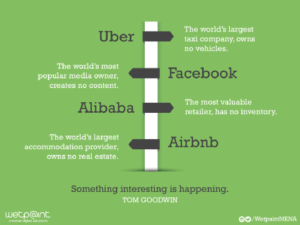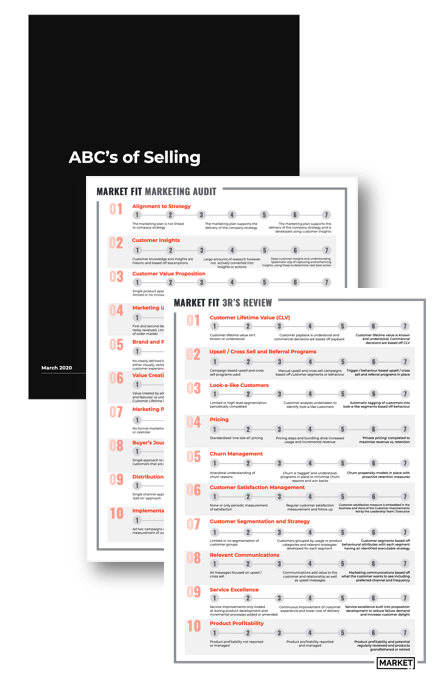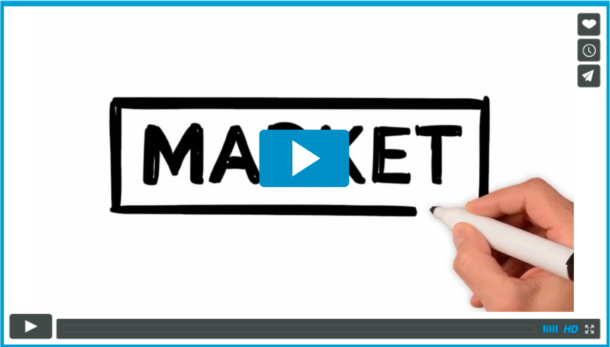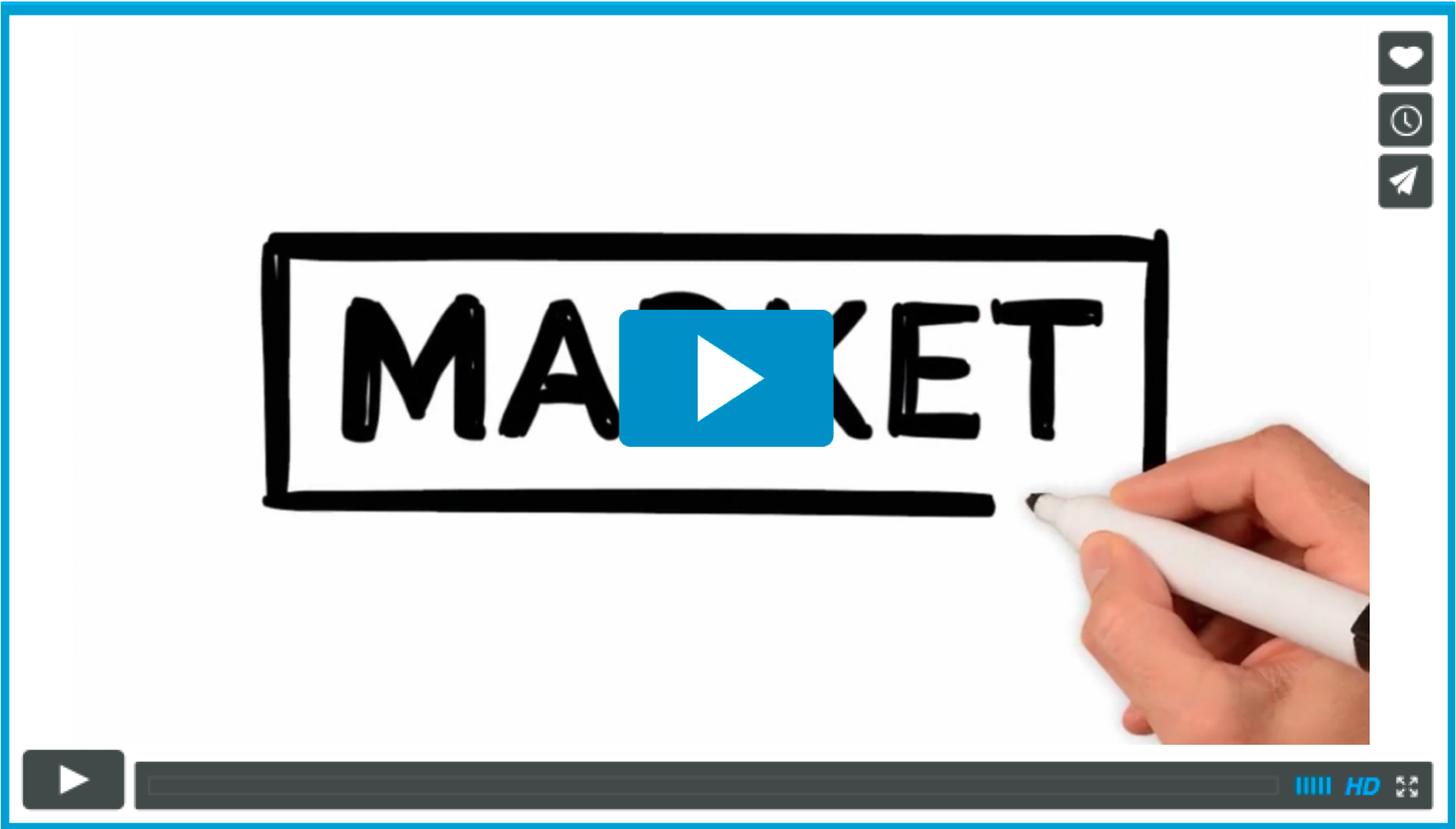
The advent of the e-commerce/ digital businesses has removed or maginalised a large number of barriers to entry and makes the market more efficient. It also gives the market the ability to utilise excess capacity therefore lowering the cost in the market (Uber and Airbnb work partly on the excess capacity model, for lowering unit costs).
Much to their peril when these companies entered the market I am sure their established competitors looked at their own industry barriers of entry and dismissed these upstarts (ok start ups).
Let’s review just what barriers these Uber, Airbnb, Facebook and Alibaba overcame.
Uber: Connects someone who wants to get from A to B together with someone who has a spare capacity in their vehicle, all through using an app to manage the connection eliminating the need for call centres. Barriers they overcame: control of resources (drivers), customer loyalty, government regulations, restrictive practices, supplier agreements and sunk costs.
Airbnb: Connects someone who wants a bed / room or apartment together with someone who has spare capacity of these (they have a second home, out of town, self contained unit etc.. Thereby removing the need to have traditional hotels and all of the overheads that comes with them. Barriers they overcame: capital, customer loyalty, investment, sunk costs, zoning
Facebook: Connects someone who has something to say to people that want to listen. Both sides of the network being user generated. Facebook is a pretty standard media model in that they use content to build a large audience and sell the audience to advertisers. By using user generated content they have managed to do is eliminate the need to pay for content. Barriers they overcame: Capital, economies of scale, investment, network effect, supplier agreements, sunk costs and vertical integration.
Alibarba: This is the most traditional of the new digital companies. The have digitalised the traditional market and bring buyers and sellers together originally for business to business trade, it has proven to be a much more efficient model and are disrupting the standard agency and trade show models: Barriers they overcame: advertising, control of resources, distributor agreements, economies of scale, network effect, supplier agreements and vertical integration.
Key Takeaways:
Review critically assess your barriers to entry and war game how would you overcome them? And examine where you truly add value to the buyer and seller.





